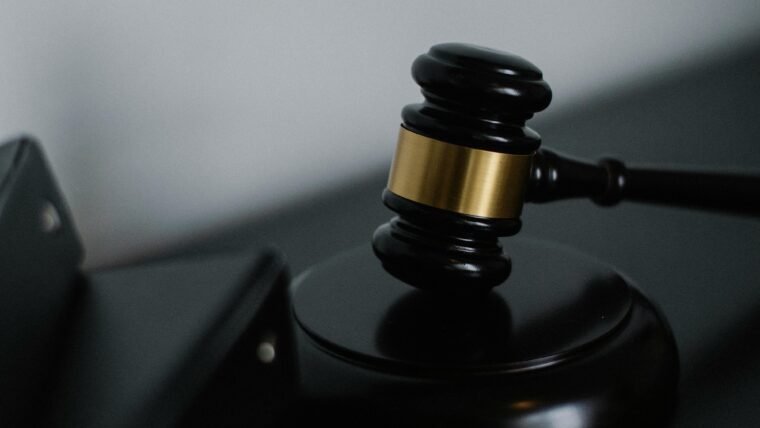The legal principle of restitution, as articulated in Section 144 of the Code of Civil Procedure, 1908 (CPC), aims to restore a party to their original position prior to a decree or order being varied, reversed, set aside, or modified.
Key Elements of Restitution:
· Application by Entitled Party: Restitution is triggered by an application from the party entitled to benefit from it.
· Restoration to Original Position: The court aims to place the parties in the position they would have occupied but for the erroneous decree or order.
· Wide Scope of Relief: The court can order the return of costs, payment of interest, damages, compensation, and mesne profits to achieve restitution.
· Court’s Discretion: The court has discretion to determine the appropriate form of restitution based on the circumstances of each case.
The Supreme Court of India recently delivered a significant judgment in the case of Bhikchand s/o Dhondiram Mutha (Deceased) Through LRs. v. Shamabai Dhanraj Gugale (Deceased) Through LRs. The case has again outlined the legal principle of Restitution as articulated in Section 144 of the Code of Civil Procedure, 1908 (‘CPC’).
Background of the Case
· In 1969, Dhanraj lent Rs. 8,000 to the Defendant. When the Defendant didn’t repay, Dhanraj’s wife, Shamabai, sued in 1972 for Rs. 10,880 (principal + interest) plus additional interest and costs.
· In 1982, the court awarded the principal amount and 12% interest per annum. Both parties appealed.
· During the appeal, Shamabai executed the decree, leading to the auction of the Defendant’s properties, which Shamabai bought for Rs. 34,000.
· The Appellate court, in 1988, reduced the interest rates and eliminated costs, lowering the total amount due to Rs. 17,120.
· In 1990, the Defendant sought restitution, arguing the auction should be reversed due to the reduced amount.
· The Courts rejected this, as the Defendant hadn’t deposited any amount during the initial decree or after the appeal, making restitution principles inapplicable.
Core Legal Issue
· Whether Bhikchand, the judgment debtor, is entitled to get restitution under Section 144 of the CPC.
· Whether Shamabai’s sale of Defendant’s properties still legitimate now that the appeal court has lowered Bhikchand’s owing sum?
Court Finding’s
· Protecting a third-party auction purchaser who was aware of pending proceedings unjustified for restitution.
· The sale of attached properties without proper valuation violates mandatory rules and is illegal.
· Bona fide purchasers at court auctions should be protected unless they were aware of pending litigation.
· Restitution under Section 144 CPC aims to place parties in the position pre-decree variation.
· Section 144 of the Civil Procedure Code mandates restitution when a decree or order is varied, Set-aside, reversed, or modified.
Outcome
· The appeal is allowed, setting aside the High Court’s order dated 05.06.2017.
· Sale of attached properties belonging to the judgment debtor is set aside.
· Appellants’ application under Section 144 CPC is allowed.
· Parties are restored back to their positions before the attachment of immovable properties of the judgment debtor.
· Execution of the modified decree, if not already satisfied, shall proceed in accordance with the law.
· A decree for realisation of a sum in favour of the plaintiff should not lead to exploitation of the judgment debtor by selling his entire property.



